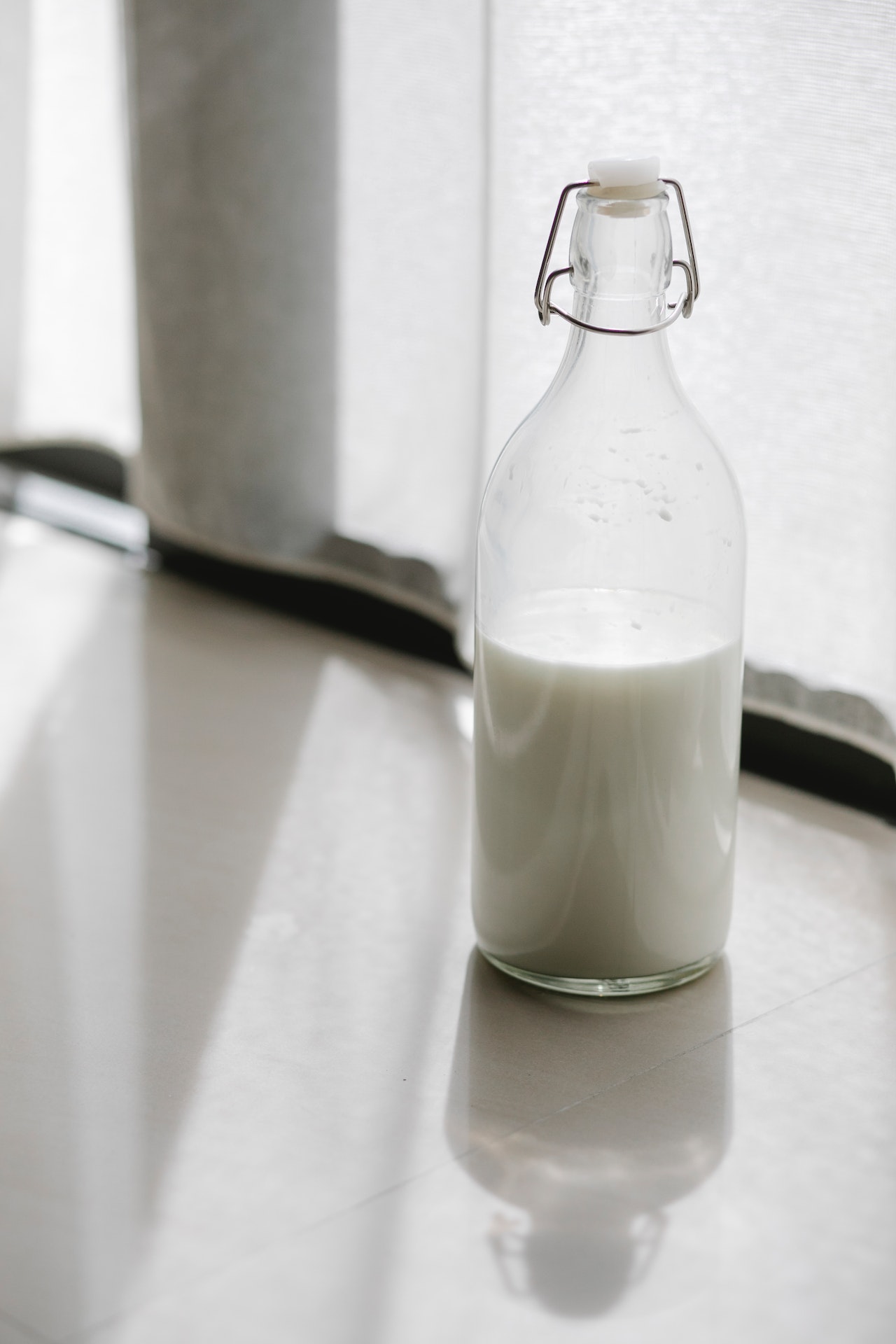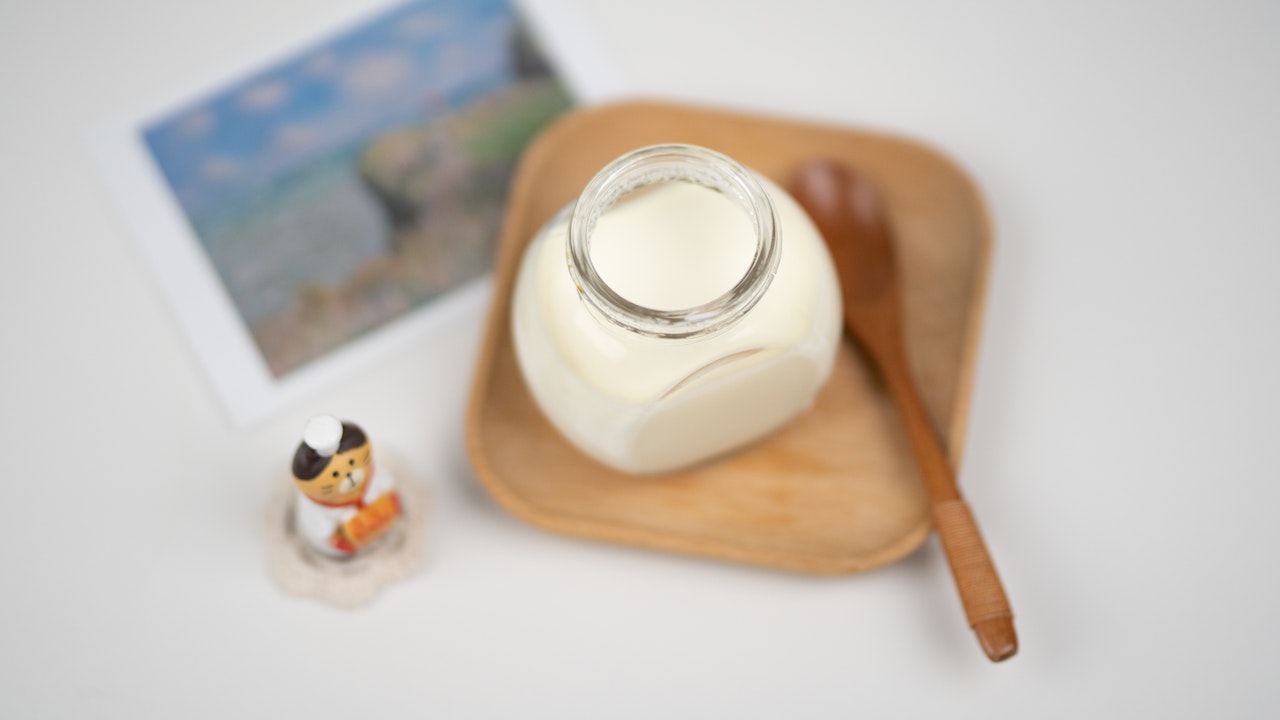Eating can be difficult for those with lactose intolerance. Fortunately, plenty of options are available for those who need to avoid dairy products. Here are some food choices you should consider if you have lactose intolerance.
What Is Lactose Intolerant?
Lactose intolerance is when people cannot digest lactose, a sugar in dairy products. It is caused by the body’s inability to produce enough enzyme lactase. Which breaks down lactose into simpler forms that can be absorbed by the body. People with lactose intolerance experience symptoms such as abdominal pain, bloating, gas, and diarrhea after consuming dairy products.
Treatment for this condition typically involves avoiding dairy or supplements containing the enzyme lactase. It is relatively common, affecting most of the human population.
What Are The Initial Symptoms Of Lactose Intolerance?
The initial symptoms of lactose intolerance can vary from person to person and range from mild to severe. They typically begin 30 minutes to 2 hours after consuming dairy products and can last for several hours.
Some of the most common initial symptoms of lactose intolerance include:
- Stomach pain or cramping
- Bloating
- Gurgling or rumbling noises in the stomach
- Gas
- Diarrhea
- Nausea
- Vomiting (in rare cases)
Remember that these symptoms can also be caused by other conditions, and it’s essential to consult a doctor. To determine the cause of the signs and confirm lactose intolerance diagnosis.

Best Calcium Rich Foods For Lactose Intolerant Patients
For people who are lactose intolerant, it can be challenging to consume enough calcium in their diet. However, there are still plenty of calcium-rich foods that you can eat.
Here are five rich calcium food which is a good option:
- Leafy greens: Spinach, kale, collard greens, and broccoli are all great sources of calcium. For example, one cup of cooked kale contains around 90 mg calcium.
- Almonds: One ounce of almonds contains around 75 mg of calcium.
- Sardines: Sardines are an excellent source of calcium and other essential nutrients. Three ounces of sardines with bones contain around 325 mg of calcium.
- Tofu: Tofu processed with calcium sulfate contains around 253 mg per half-cup serving.
- Sesame Seeds: A tablespoon of sesame seeds contains around 88mg calcium.
It’s worth noting that fortified foods and beverages, such as orange juice, cereal, and plant-based milk, can also be a good source of calcium for lactose-intolerant people. Also, consult your dietitian regarding calcium supplements if you need more calcium from food sources.
Conclusion
Taking medicine can be difficult and risky for people with lactose intolerance, as the body cannot break down the lactose found in most medicines. It can lead to uncomfortable and even dangerous side effects.
Instead of taking medicine, lactose intolerant people should get enough calcium from their diet. Calcium-rich foods such as dairy products, nuts, seeds, and leafy greens are all excellent sources of this essential mineral. Eating a balanced diet is key to maintaining good health for those with lactose intolerance.
It is essential to consult with a doctor because the doctor can advise on the best course of action and provide advice on alternative treatments that may suit your condition.

